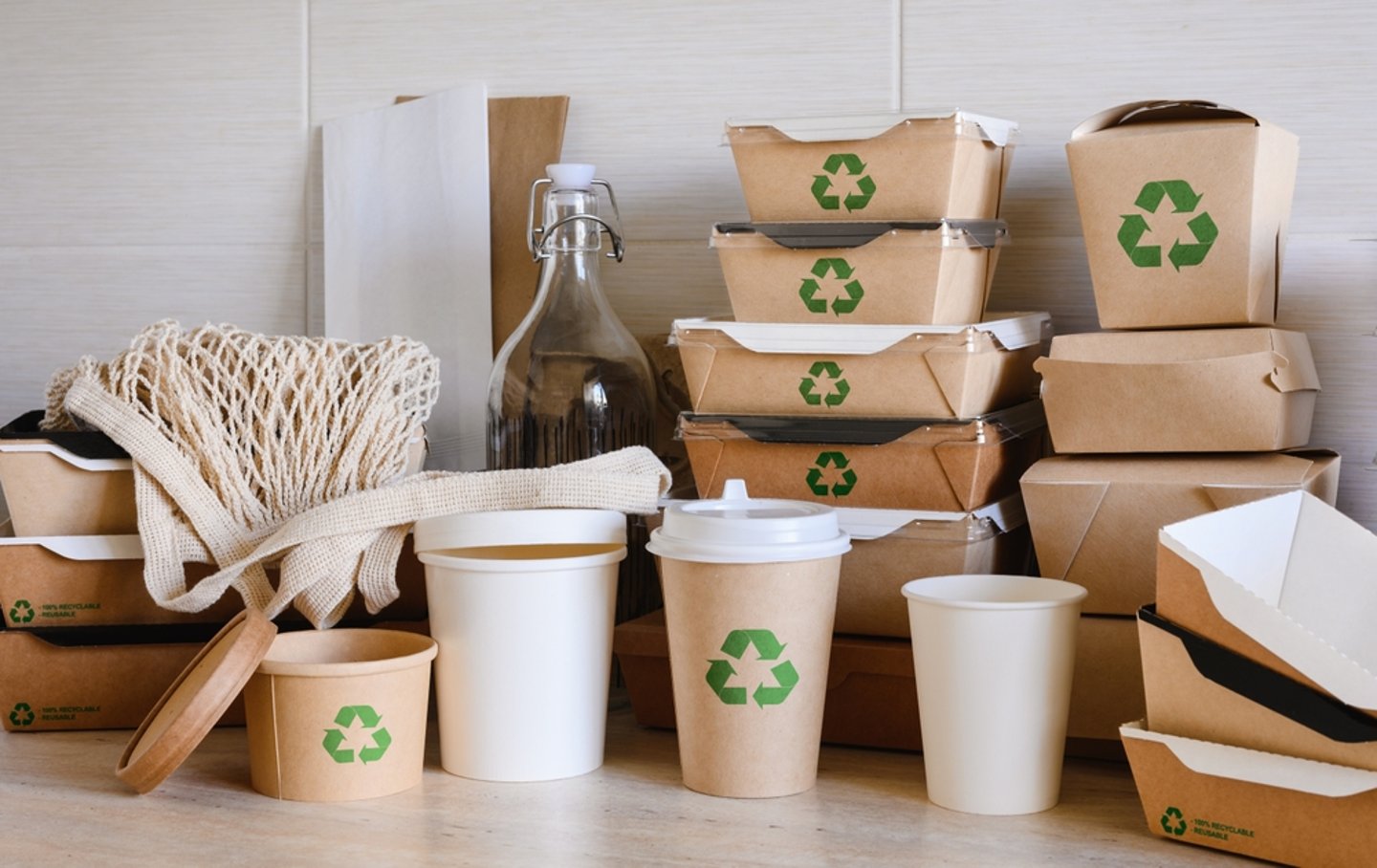Survey: Younger consumers drive sustainability demand
More than half of younger consumers say they make sustainable choices often, and more than three-quarters say they are willing to pay more for products packaged sustainably.
That’s according to a new survey of 1,000 Americans 18-years-old and older from plastic packaging manufacturer Alpla using survey platform Pollfish. Overall, nearly 40% of respondents said they are either often or always choosing sustainably packaged products when making a purchase where they have a choice. More than half (54%) of 18- to 34-year-old respondents said they often make choices based on sustainability.
More than two-thirds (67%) of 18-to 34-year-olds said they are willing to make at least moderate changes to their habits or lifestyles to make room for food or products with sustainable packaging. Nearly eight-in-10 (79%) are willing to pay more for products or food that are packaged sustainably.
A large number (40%) of respondents said they are either often or always choosing sustainably packaged products when making a purchase where they have a choice. Including respondents who said they sometimes make the sustainable choice, the total grows to almost 83% of people of are eco-conscious.
More than half (53%) of 18-34-year-olds respondents said the shopping habits of their friends and family either moderately or greatly influence their own shopping decisions. This is compared to 29% of those 35 and older who said the same thing.
“While we were broadly pleased to see that most of us understand the value of sustainable packaging and will make the sustainable choice more often than not, we were particularly encouraged to see that younger people are willing to make these choices even when it’s not easy,” said Billy Rice, sustainability manager at Alpla, North America. “They are willing to go out of their way and spend more of their money in order to live sustainably. Living a life that has a lower impact on the environment doesn’t have to be hard, but it does mean being intentional. And young people seem to have that intention.”


